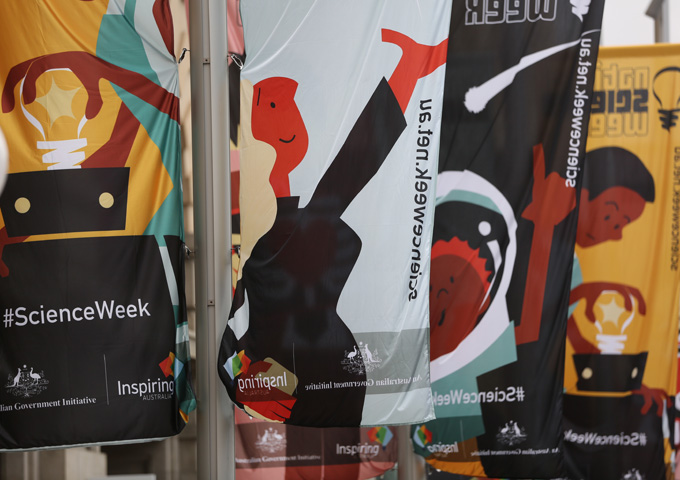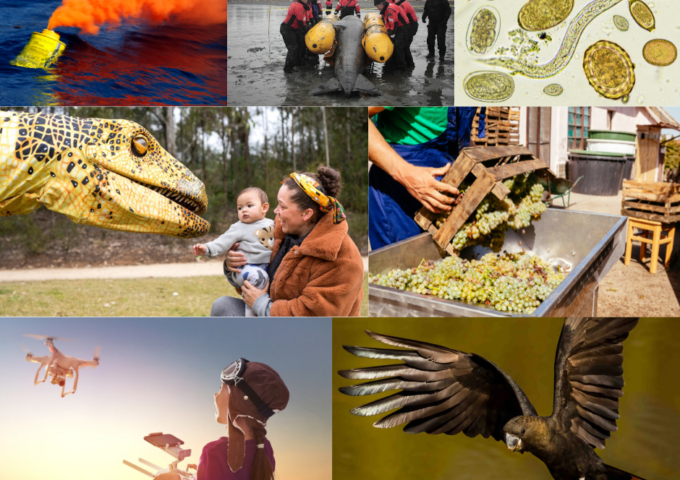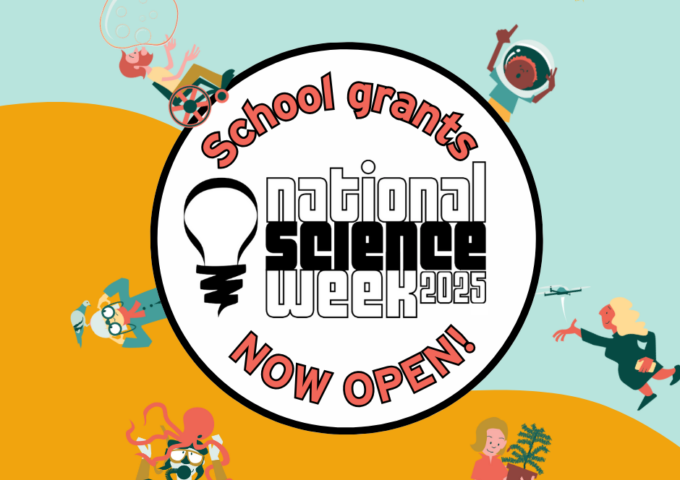
NATIONAL SCIENCE WEEK TO HIGHLIGHT PLASTIC PROBLEM ON AUSTRALIAN ISLANDS
Dr Jennifer Lavers of the Institute for Marine and Antarctic Studies (IMAS) and Adrift Lab, will be speaking on the accumulation of single-use disposable plastic items on remote islands on Friday 16 August, 7.15pm. She made global news earlier this year with her study which looked at non-lethal impacts of plastic ingestion. Dr Lavers discovered that remote Australian islands were littered with plastic and that seabirds were ingesting them leading to ill health in animals studied.
Dr Lavers is looking forward to presenting her work to the local community.
“The research that’s happening in Tasmania can contribute to long-term solutions for plastic pollution and in my case, that means keeping seabirds and our coasts healthy. National Science Week gives us the opportunity to chat with the public about what the research tells us and to answer questions they might have. Our work is communicated really well with peers in the academic community, in schools and in the media, but it’s not often we can sit down with non-scientists and chat with them about our work.”
Prior to Dr Lavers, Brittany Trubody, organiser of TastroFest, will discuss the connections between asteroids and the end of the dinosaurs. (6.30 -7pm)
A new collaboration between the Friends of the Queen Victoria Museum and Art Gallery (QVMAG) and IMAS, this event includes a lively public discussion, “Space vs. species: The good, the bad, the ugly”, and Q&A. (8.15pm)
This event is part of QVMAG’s National Science Week program, Science Open Season, in their evening events, Nights at the Museum.
Event details:
The whole event begins at 6pm for a 6.30pm start and ends at 9pm. Friday, 16 August 2019. Theatre Annexe, UTAS/QVMAG
2-4 Invermay Road, Launceston, TAS, 7248
More information:
https://www.scienceweek.net.au/plastic-on-remote-islands
https://www.nationalgeographic.com/environment/2019/08/seabirds-eat-plastic-major-health-effects/
For further information please contact jenni.klaus@utas.edu.au or 0414701134, Communications and Events Manager, National Science Week Tasmania.
GET SOCIAL!
#scienceweek
twitter.com/sciencetasmania
facebook.com/natsciwktas
Festival of Bright Ideas
facebook.com/fobitas
instagram.com/festivalofbrightideas
#fobi19






